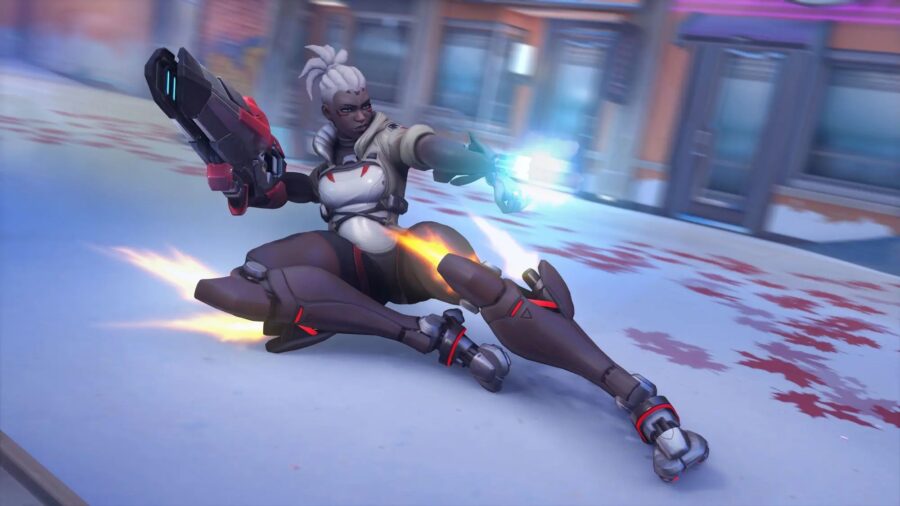Blizzard Is Suspending All Game Services In China
When Blizzard's contractual commitments to NetEase runs out in January, the company plans to suspend its services in China.
This article is more than 2 years old
Following the news regarding a canceled Warcraft project over which NetEase and Blizzard allegedly had a falling out, Blizzard is now suspending most of its gaming services in China after failing to renew the licensing deal with NetEase. China is a massive gaming market, and the decision could severely impact Chinese esports players and teams who literally made their entire brands around Blizzard games, such as World of Warcraft and Diablo — whose fourth installment should drop in April next year.
According to Destructoid, Blizzard’s contractual arrangement with NetEase, the Chinese tech giant that handles Blizzard’s regional publishing, ends on January 23, 2023, and the two haven’t managed to negotiate new terms for a contract extension. This might result in Blizzard suspending all its gaming services for the Chinese market, including Warcraft III: Reforged, Hearthstone, Diablo III, Diablo: Immortal, StarCraft 2, Overwatch, and Heroes of the Storm. World of Warcraft: Dragonflight and Overwatch 2, two of Blizzard’s highest MMO earners, will release as scheduled.

NetEase has handled Blizzard’s regional publishing for China since 2008, and for more than a decade, the two companies have renewed their contracts annually. However, as China places an ever-increasing emphasis on security and player surveillance, and imposes prerogatives over its economy, sustaining previously established partnerships with foreign companies, such as Blizzard Entertainment, is becoming increasingly hard.
Just last year, the Chinese government imposed severe restrictions on gamers and gaming companies such as Blizzard, with the help of NetEase, which basically became the government’s gaming department/police. Apart from demanding that all games have facial recognition software implementations and requesting a state-issued ID during the game registration process, Chinese children and teenagers are barred from gaming on school days and limited to only one hour a day on weekends and holidays.
These implementations and restrictions basically use software recognition to allow gamers into the game, and any gaming attempt made by children that conflicts with the government-prescribed rules is denied. There’s a rumor about college students, who generally don’t suffer the same restrictions, receiving notifications during longer gaming sessions stating that they should be studying instead of playing games. While these aren’t confirmed, they wouldn’t be surprising, considering the degree of surveillance and limitations imposed on the gamers.
Apparently, Blizzard’s decision to pull its assets from the Chinese market isn’t just a matter of money but other disputes as well. These include player data handling, IP management, and China’s strict policy about monetization tactics and loot boxes (they’re banned). Nevertheless, the controversial Blizzard expressed gratitude towards the entire Chinese gaming community that supported the company for nearly 20 years, stating that they’re looking for alternatives to NetEase as means of distributing their titles in China.
As for the aforementioned titles, like Overwatch 2, World of Warcraft: Dragonflight, and Diablo: Immortal, these games fall under a separate contract, and their release and operation will resume unaffected. It’s currently unclear how this affects other official versions of World of Warcraft, like Classic and Wrath of the Lich King, but considering that a gaming giant is pulling its assets from the world’s largest gaming market, we can rest assured that this won’t be the only headline on the matter in the coming days.












